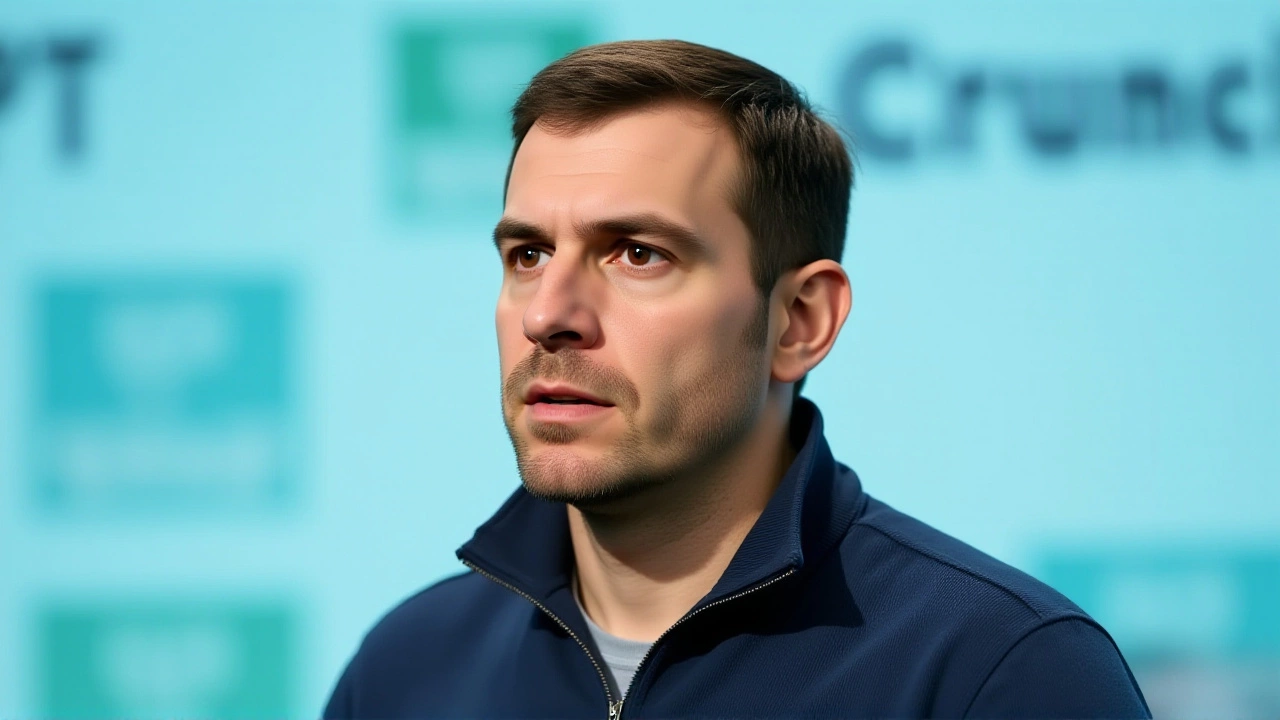When Adam Mosseri, CEO of Instagram, told listeners on the Good Guys podcast that Ivy League degrees don’t matter for hiring elite AI engineers, he didn’t just shake up hiring norms—he exposed a quiet revolution in tech talent. The revelation, made during a May 2025 recording in the San Francisco Bay Area, landed like a thunderclap in Silicon Valley, where elite universities have long been seen as the gatekeepers of engineering excellence. But Mosseri, who’s led Instagram since October 2018 after stints at Google and Facebook, said the real secret sauce isn’t a diploma—it’s scrappiness and rapid learning.
The New Face of AI Talent
"It’s people who are very quick learners who actively experiment," Mosseri said. "A lot of them are in their 20s." And they’re not sitting in lecture halls at Harvard or MIT. They’re tinkering in basements, contributing to open-source projects on GitHub, or climbing leaderboards on Kaggle. The field, he stressed, moves too fast for academia to keep up. "Some of these techniques are decades old, but a lot of it is just brand-new and novel, and everyone is learning on the fly."
That’s why traditional computer science degrees—once the gold standard—are losing their luster. A neural network architecture taught in a spring semester class might be outdated by fall. The tools evolve faster than syllabi. Mosseri, who joined Facebook in 2008 and became Instagram’s head of product in 2020, watched this shift firsthand. "Traditional degrees are less important than hands-on experience," he said. "You can’t learn how to fine-tune a transformer model in a textbook. You have to break it, fix it, break it again."
The $100 Million Myth—and the Real Price of AI Talent
Reports of Meta Platforms Inc. offering $100 million packages to poach engineers from OpenAI made headlines. Mosseri called those numbers "often exaggerated." But he didn’t deny the reality beneath the hype. "Salaries remain substantial due to the scarcity of engineers capable of working on cutting-edge AI models," he said. "There’s an immense amount of competition to hire that talent."
That competition isn’t just between Meta and OpenAI. Alphabet Inc., Microsoft Corporation, and Amazon.com Inc. are all racing to build the next generation of generative AI. Since early 2025, the talent war has gone white-hot. According to data from levels.fyi in Q1 2025, top AI engineers now command salaries exceeding $1 million annually—far beyond the Bureau of Labor Statistics’ median of $201,010 for AI and machine learning roles, which grew 34.8% year-over-year in 2024.
Why This Matters Beyond Silicon Valley
This isn’t just about who gets hired at Meta. It’s about who gets a shot. For the first time, someone without a Stanford degree—or even a college degree—can build a model that outperforms one from a top university. A self-taught engineer in Nairobi, a coding bootcamp grad in Detroit, or a high school dropout in Bangalore could be the next person to crack a breakthrough in diffusion models or reinforcement learning from human feedback.
Meta’s February 2025 release of Llama 3, its open-source large language model, accelerated this democratization. By making powerful AI tools publicly available, Meta didn’t just compete—it opened the floodgates. Suddenly, you didn’t need a $200K salary to access state-of-the-art models. You needed curiosity, grit, and a laptop.

The Ripple Effect: Education, Hiring, and the Future
Universities are scrambling to adapt. MIT and Stanford still offer elite AI programs—but their graduates are no longer the only ones being courted. Companies are now prioritizing portfolios over transcripts. Coding challenges over GPA. GitHub commits over recommendation letters.
"It’s not about where you went to school," Mosseri said. "It’s about what you’ve built, how fast you learn, and whether you’ll stay up until 3 a.m. trying to make it work."
This mindset shift is already changing how startups recruit. A Seattle-based AI firm recently hired three engineers with no college degrees—all from Kaggle competition winners. A London-based AI startup now requires applicants to submit a working model, not a resume. Even corporate HR departments are rewriting job descriptions to remove "CS degree required" as a filter.
The broader implication? The old meritocracy of elite education is being replaced by a new one: performance-based. And that’s good news for millions who were locked out before.
What’s Next? The Field Won’t Slow Down
Mosseri didn’t offer a crystal ball—but he did give a warning: "Technologies become obsolete within months." The next frontier? AI agents that can autonomously write code, run experiments, and optimize themselves. The engineers who’ll dominate won’t be the ones with the fanciest degrees. They’ll be the ones who’ve spent the most time debugging models, breaking systems, and rebuilding them better.
As Meta pushes AI-driven features across Instagram and Facebook, and as OpenAI, Anthropic, and others race toward AGI, the real winners won’t be the institutions. They’ll be the individuals who dared to learn outside the lines.
Frequently Asked Questions
Do you need a degree to become an AI engineer today?
No—while degrees can help, they’re no longer required. Top AI engineers are increasingly self-taught or trained through bootcamps, open-source contributions, and competitions like Kaggle. Companies like Meta, Google, and startups now prioritize demonstrable skills over formal credentials, with many hiring managers reviewing GitHub repositories and model deployments as the primary evaluation tool.
How much do top AI engineers actually earn in 2025?
Median salaries for AI engineers are around $201,010, but top-tier talent—especially those with expertise in transformer models, RLHF, or multimodal systems—can earn over $1 million annually, according to Q1 2025 data from levels.fyi. While $100 million signing bonuses are rare and often inflated, multi-year compensation packages including equity and performance bonuses are becoming common at firms like Meta and OpenAI.
What skills matter more than a degree in AI right now?
Hands-on experience with transformer architectures, fine-tuning LLMs, deploying models on cloud platforms, and contributing to open-source AI projects matter far more than academic credentials. Employers look for engineers who can build, break, and fix models quickly—skills honed through experimentation, not lectures. Platforms like Hugging Face, Kaggle, and GitHub are now the new résumés.
Why is AI talent so scarce right now?
Because the field is evolving faster than universities can teach it. Core technologies like diffusion models and retrieval-augmented generation only became mainstream after 2020. Most engineers learning these skills today did so through online courses, research papers, or trial-and-error—there’s simply no standardized training path yet. This gap creates intense competition among companies trying to build the next breakthrough.
How has Meta’s Llama 3 changed the AI hiring landscape?
By releasing Llama 3 as open-source, Meta lowered the barrier to entry. Now, anyone can download, experiment with, and improve upon a model that rivals GPT-4 in many benchmarks. This has empowered non-traditional candidates to build impressive portfolios without corporate backing, making it harder for companies to justify hiring only from elite schools. The focus has shifted from pedigree to proof of capability.
Is this trend likely to continue?
Absolutely. As AI tools become more accessible and computational power cheaper, innovation will increasingly come from outside traditional institutions. The next wave of breakthroughs will likely come from independent developers, hobbyists, and global talent pools previously excluded by gatekeeping. The companies that adapt fastest to this reality—not just in hiring, but in culture—will lead the next decade of AI.
